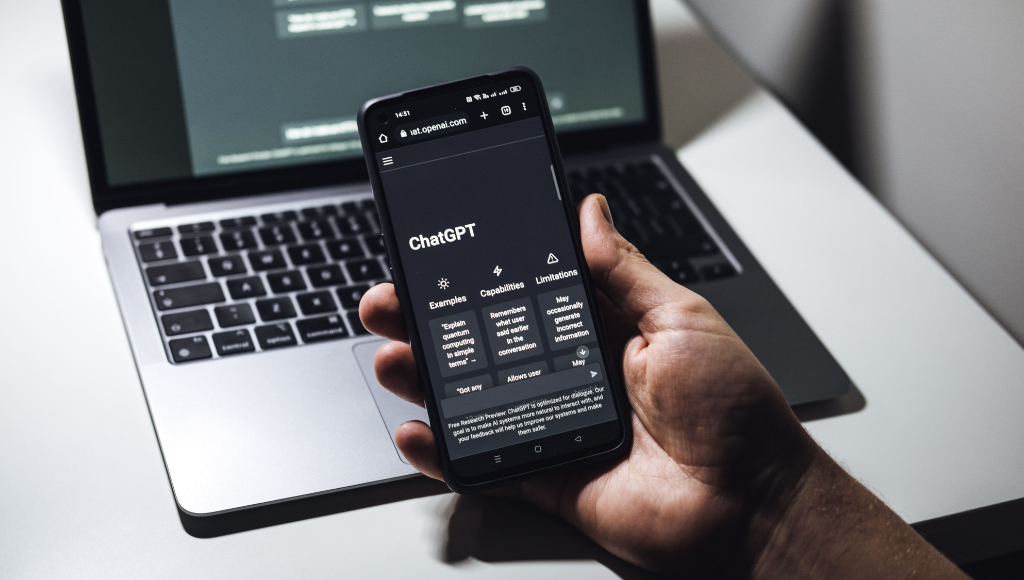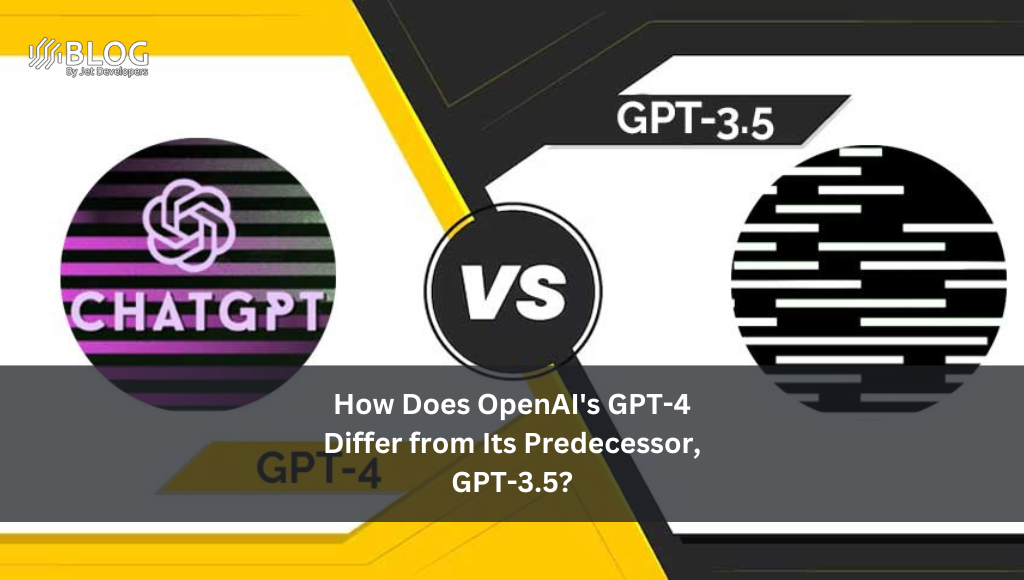OpenAI, the innovative force behind the widely-used chatbot ChatGPT, is currently under fire as users allege that the AI has adopted a “lazy” demeanor. Reports are surfacing, indicating instances where ChatGPT either refuses to complete tasks altogether or puts forth minimal effort in its responses, occasionally accompanied by a touch of sass. This abrupt shift in behavior has sparked speculation about intentional modifications made by OpenAI, potentially aimed at streamlining efficiency and conserving resources, particularly in light of the recent debut of Gemini AI, a competitor developed by Google.
This controversy unfolds against the backdrop of ongoing upheaval at OpenAI, marked by the dramatic termination and subsequent reinstatement of CEO Sam Altman. As questions linger about the reasons behind this corporate saga, the emergence of the “lazy ChatGPT” issue adds another layer to the company’s narrative.
Complaints regarding the perceived laziness of ChatGPT have inundated Reddit forums and OpenAI’s developer platforms. Users express frustration over the diminishing usefulness of the chatbot, which, instead of providing comprehensive code for requests, now offers mere snippets and redirects users to complete tasks on their own. This departure from its original purpose has left many questioning the value of the once-revolutionary chatbot that, not long ago, celebrated its one-year anniversary, having set the standard for the AI industry.
Some users suspect that OpenAI intentionally altered ChatGPT to prioritize efficiency over delivering detailed responses. Given that AI systems like ChatGPT demand substantial computing power, generating extensive answers becomes a costly affair. This theory posits that OpenAI may be seeking a more economical solution, potentially sacrificing user experience for resource optimization.
Responding to user concerns, OpenAI took to Twitter to address the perceived change in ChatGPT’s behavior. The company confirmed that there have been no recent model updates since November 11th and expressed surprise at the situation. OpenAI acknowledged the unpredictability of model behavior and assured users that they are actively investigating and working to rectify the issue. Additionally, the company announced plans to enhance its AI model through online A/B tests.
The controversy surrounding the “lazy” ChatGPT coincides with the tumultuous events surrounding Sam Altman’s recent departure and subsequent return as OpenAI’s CEO. Altman’s abrupt firing two weeks prior sent shockwaves through the tech industry, leaving numerous questions unanswered and fueling speculations.
While Altman has remained silent on the matter, an investigation by The Washington Post paints a concerning picture of alleged “psychologically abusive” and “toxic” behavior towards employees. The report, relying on anonymous sources, suggests that Altman cultivated an atmosphere of chaos and manipulation, resulting in complaints reaching the board.
In the midst of these allegations, Altman’s swift reinstatement after being fired adds a layer of confusion. The board’s rationale for this decision remains unclear, prompting many to question the decision-making process despite outward appearances of contentment.
As OpenAI grapples with the investigation into the “lazy ChatGPT” phenomenon, the shadow of the CEO saga looms large, casting uncertainties over the company’s internal dynamics and future developments.






